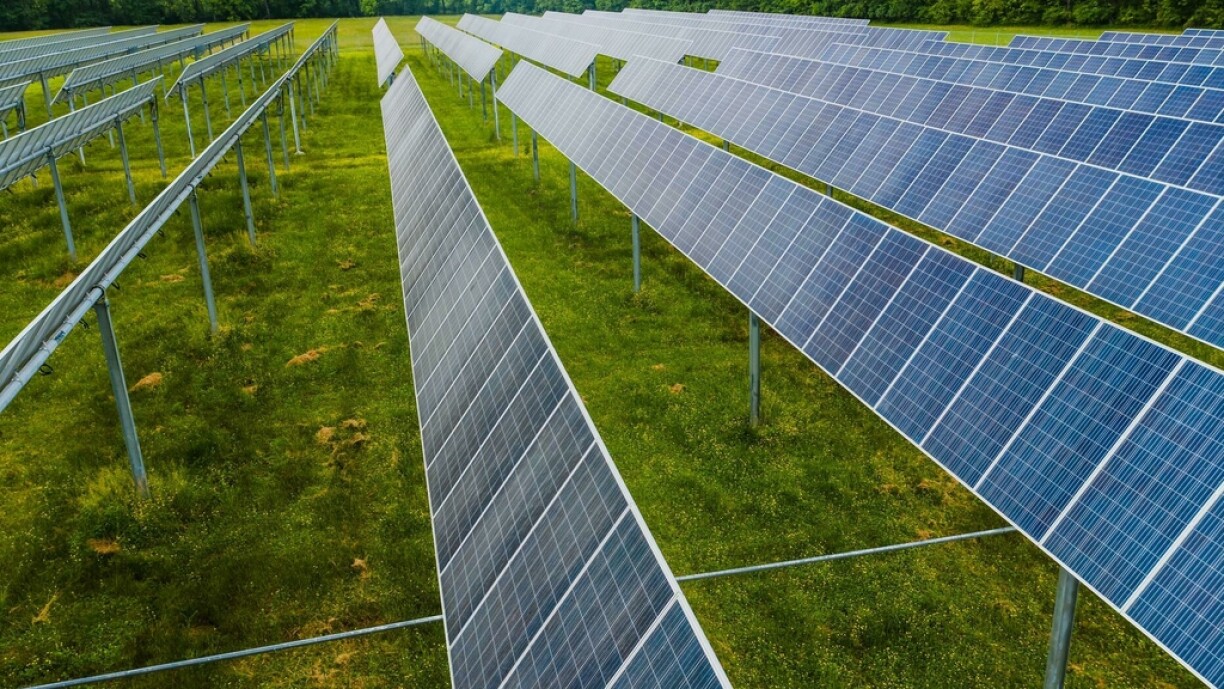
The discussion was led by Green MP Joëlle Welfring, who had requested the parliamentary question time on energy policy. While there were some differences of opinion among the parties, most expressed broad agreement on the overall direction of Luxembourg’s approach.
Welfring recalled: “The Prime Minister said right at the start of his term that he does not like to, and I quote, ‘give lessons’ to other countries. Was that meant to lower the expectations of those who had hoped for consistent action on security? On the contrary, the so-called interventions mentioned in the government programme seem to have no tangible effect. When one asks what has actually been done regarding the Chamber’s motion, the laconic answer is simply to refer to scheduled meetings with French and Belgian counterparts. Wow!”
Christian Social People’s Party (CSV) MP Jeff Boonen reaffirmed that his party’s stance had not changed and that nuclear power continues to be regarded as an unsustainable source of energy. This position, he said, stems both from the unresolved issue of radioactive waste storage and the potentially devastating consequences of a nuclear accident depending on where it occurs, even for Luxembourg. For these reasons, the CSV remains opposed to extending the operating life of nuclear reactors in neighbouring countries.
However, Boonen noted that the party will not pursue further action against the EU-level decision: “This decision was taken democratically at the European level and confirmed by the courts. We must now practise Realpolitik. There is no point in taking further legal action, as it will not change anything. Energy policy must focus on the future, not on symbolic legal disputes.”
Boonen assured that, with the CSV in government, no nuclear power plants will be built in Luxembourg.
Democratic Party (DP) MP Luc Emering also spoke out clearly against nuclear energy and in favour of expanding renewable energy sources, particularly hydrogen, biogas, and agri-photovoltaics. However, he added that if further investments are made in the nuclear sector, they should focus on solving the issue of nuclear waste.
Luxembourg Socialist Workers’ Party (LSAP) MP Franz Fayot recalled his party’s long-standing opposition to nuclear power, referencing the LSAP congress of 1977, which voted against a proposed nuclear plant in Remerschen.
He noted that the renewed acceptability of nuclear power at the European level is not entirely new: “The previous von der Leyen I Commission had already considered nuclear energy as a carbon-free transitional source. This is one of the reasons why it was included in the taxonomy for investments in so-called clean energy.”
Fayot added that modern small modular reactors are “more the stuff of science fiction than a realistic solution.”
Alternative Democratic Reform Party (ADR) MP Tom Weidig stated that his party is neutral regarding energy sources and supports a non-ideological energy policy. He argued that the Greens portray nuclear power as more dangerous than it is, while still acknowledging the need for continued safety investments.
In response, the Greens asked what the ADR’s position would be on a possible nuclear waste storage site near the Belgian-Luxembourg border. Weidig replied that such a decision ultimately would not lie with Luxembourg.
Finally, Energy Minister Lex Delles emphasised that gas and nuclear energy are not sustainable sources, and, referring to the operating life of reactors in neighbouring countries, reminded the Greens that they had been part of the previous government and had also failed to advance their arguments on this issue.